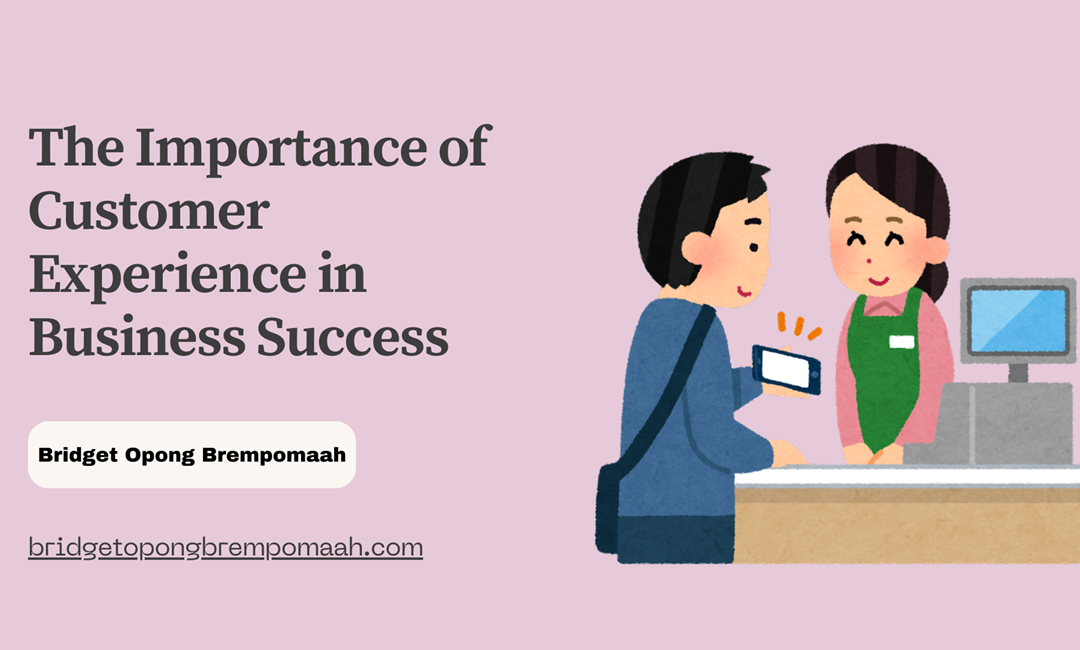In today’s highly competitive market, the importance of customer experience cannot be overstated. It is the cornerstone of business success, influencing customer satisfaction, loyalty, and overall profitability. Businesses that prioritize customer experience are better positioned to stand out from competitors, foster lasting relationships with customers, and drive long-term growth.
Building Customer Loyalty
Customer experience is pivotal in building loyalty. When customers have positive interactions with a brand, they are more likely to return and make repeat purchases. Loyal customers are also more likely to recommend the brand to others, acting as ambassadors and driving new business through word-of-mouth referrals. This loyalty is built on consistent, high-quality customer experiences that meet or exceed expectations at every touchpoint.
Differentiating in a Competitive Market
In a crowded marketplace, product and price differentiation alone are no longer sufficient. Customer experience has emerged as a critical differentiator that can set a brand apart from its competitors. Businesses that deliver exceptional customer experiences create a unique value proposition that is difficult for competitors to replicate. This differentiation can lead to increased market share and a stronger competitive position.
Increasing Customer Lifetime Value
Customer lifetime value (CLV) is a key metric for business success, representing the total revenue a business can expect from a customer over the duration of their relationship. By providing an outstanding customer experience, businesses can increase CLV through repeat purchases, cross-selling, and upselling opportunities. Satisfied customers are more likely to explore additional products and services offered by the brand, contributing to higher overall revenue.
Enhancing Brand Reputation
A strong brand reputation is built on positive customer experiences. Customers are more likely to trust and recommend brands that consistently deliver value and satisfaction. In the digital age, where customer reviews and social media play a significant role in shaping public perception, delivering a superior customer experience is essential for maintaining and enhancing brand reputation. Negative experiences, on the other hand, can quickly damage a brand’s image and deter potential customers.
Driving Customer Retention
Acquiring new customers is often more expensive than retaining existing ones. Therefore, customer retention is crucial for profitability and growth. Businesses that focus on providing excellent customer experiences are more successful in retaining customers. This retention is driven by the emotional connection and trust that customers develop with the brand based on consistent positive interactions.
Fostering Innovation and Improvement
Prioritizing customer experience encourages businesses to continually innovate and improve their offerings. By actively seeking and responding to customer feedback, businesses can identify areas for improvement and develop solutions that enhance the customer experience. This customer-centric approach fosters a culture of continuous improvement, driving innovation and ensuring that the business remains relevant and competitive.
Creating Emotional Connections
Customer experience goes beyond the functional aspects of a transaction; it also involves creating emotional connections. Brands that connect with customers on an emotional level can foster deeper relationships and loyalty. Emotional connections are built through personalized experiences, understanding customer needs, and demonstrating empathy and care. These connections can transform customers into advocates who are passionate about the brand and its values.
Impact on Financial Performance
The impact of customer experience on financial performance is significant. Research has shown that businesses that excel in customer experience outperform their competitors in terms of revenue growth and profitability. Happy customers are more likely to spend more, purchase more frequently, and stay loyal to the brand, all of which contribute to improved financial performance.
In conclusion, customer experience is a fundamental driver of business success. It influences customer loyalty, differentiation, lifetime value, brand reputation, retention, innovation, emotional connections, and financial performance. By prioritizing and investing in customer experience, businesses can create a strong foundation for long-term growth and success.

